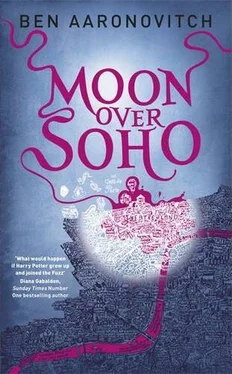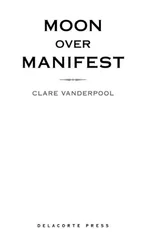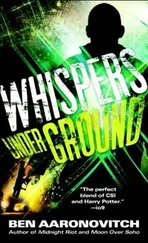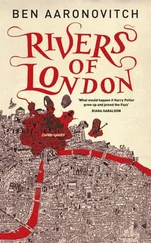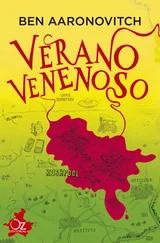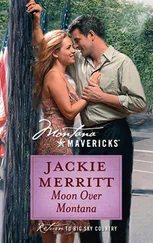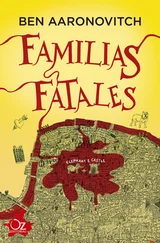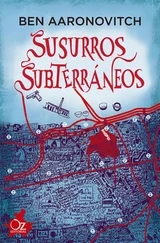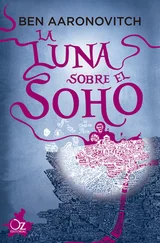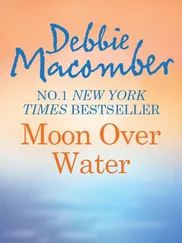“Fender Rhodes,” I said.
“Is he any good?” asked Max.
“He’s going to be better than me,” said Daniel.
“Lord Grant,” said James. “How cool is that?”
“That’s pretty cool,” said Max. “Do you think he’ll agree?”
“I’ll find out,” I said. “I don’t see why not.”
“Thank you,” said Daniel.
“Don’t thank me, man,” I said. “Just doing my job.”
So, the jazz police to the rescue. If my dad said yes — which I thought he probably would. The Arches Club was in Camden Lock, just down the road from my flat, so logistics would be easy. I decided to let Mum organize the rehearsals — she might enjoy that.
It was only after I’d agreed to see what I could sort out that I realized I’d never heard my father play before an audience. The irregulars were so pleased that James was moved to offer to buy me a pint, several pints in fact, but I was driving so I stuck to just the one. It was just as well because ten minutes later Stephanopoulis called me.
“We’re turning over Jason Dunlop’s flat,” she said. “We’ve found some things I’d like you to take a look at.” She gave me an address in Islington.
“I’ll be there in half an hour,” I said.
JASON DUNLOP lived in the half-basement flat of a converted early-Victorian terrace on Barnsbury Road. In previous eras the servants’ quarters would be fully underground, but the Victorians, being the great social improvers they were, had decided that even the lowly should be able to see the feet of the people walking past the grand houses of their masters — hence the half basement. That and the increased daylight saved on candles, a penny saved is a penny earned and all that. The interior walls had been painted estate-agent white and were devoid of decoration, no framed photographs, no reproduction Manets, Klimts, or poker-playing dogs. The kitchen units were low-end and brand-new. I smelled buy-for-lease and recently too. Judging by the half-emptied packing cases in the living room, I didn’t think Jason had lived there long.
“A messy divorce,” said Stephanopoulis as she showed me around.
“Has she got an alibi?”
“So far,” said Stephanopoulis. The joys of dealing with the bereaved when they’re both victim and suspect — I was glad I wasn’t doing that bit of the investigation. The flat had only one bedroom, a pair of masculine suitcases pushed into the corner, a line of packing cases with fingerprint dust smeared on the lids. Stephanopoulis showed me where a pile of books had been carefully arranged on a plastic sheet by the bed.
“Have they been processed?” I asked.
Stephanopoulis said yes, but I put on gloves anyway. It’s good practice when handling evidence and I got a grunt of approval from the sergeant. I picked up the first book; it was old, a prewar hardback that had been carefully wrapped in white tissue paper. I opened it and read the title: Philosophiae Naturalis Principia Artes Magicis by Isaac Newton. I had a copy of the same edition on my desk, with a much bigger Latin dictionary sitting next to it.
“We saw this,” said Stephanopoulis. “And we thought of you.”
“Are there any more?” I asked.
“We left the box for you,” she said. “Just in case it was cursed or something.”
I hoped she was being sarcastic.
I inspected the book. Its cover was worn at the edges and warped with age. The edges of the pages had dents and smears from being handled. Whoever had owned this book hadn’t left it on a shelf; this had been used. On a hunch I turned to page 27 and saw, just where I’d stuck in a Post-it note with a question mark on it, was the word, written in faded pencil, quis? Somebody else couldn’t work out what the hell Isaac was going on about in the middle part of the introduction.
If someone was really studying the craft then they’d need Cuthbertson’s A Modern Commentary on the Great Work . Written in 1897 in English, thank God, and no doubt welcomed with open arms by every frustrated student who’d ever tried to light his room with a werelight. I looked in the box and found a copy of Cuthbertson right under a huge modern desktop Latin dictionary and grammar — it was nice to know I wasn’t the only one who needed help. The Modern Commentary was, like the Principia , old and well used. I flicked through its pages and came across a faded stamp thirty pages in — an open book surrounded by three crowns and encircled by the words BIBLIOTHECA BODLEIANA. I checked the Principia and found a different stamp, an old-fashioned drawing compass surrounded by the words SCIENTIA POTESTAS EST QMS. I turned to the frontispiece and found a faint rectangular discoloration. My dad had books with that same pattern, ones that he’d jacked from his school library when he was young. The mark was from the glue that once held a folder into which a library card would have fit back in the day when dinosaurs roamed the earth and computers were the size of washing machines.
I carefully emptied the packing case. There were six more books that I recognized as being authentically related to magic, all of them with the BIBLIOTHECA BODLEIANA library stamp.
I assumed that stamp referred to the Bodleian Library, which I vaguely remembered was in Oxford, but while I didn’t recognize the second stamp I did recognize the motto. I dialed the Folly. The phone rang several times before being picked up. “It’s Peter,” I said. There was silence at the other end. “I need to speak to him right away.” I heard a clunk as the receiver was put down by the phone. As I waited I thought it was about time that I bought Nightingale a proper phone.
When Nightingale picked up I explained about the books. He made me list the titles and describe the stamps. Then he asked if Stephanopoulis was available.
I called her and offered her the phone. “My governor wants a word,” I said.
While they talked I started bagging the books and filling out the evidence tags.
“And you think this makes it more likely?” she asked. “Fair enough. I’ll send the boy over with the books. I expect you to maintain chain of custody.” Nightingale must have assured her that we would be as scrupulous as any Home Office lab because she nodded and handed the phone back to me.
“I think,” said Nightingale, “that we may be dealing with a black magician here.”
BLACK MAGIC, as defined by Nightingale, was the use of magic in such a way as to cause breach of the peace. I pointed out that a definition like that was so broad as to essentially include any use of magic outside of that authorized by the Folly. Nightingale indicated that he regarded that as a feature, not a bug.
“Black magic is the use of the art to cause injury to another person,” he’d then said. “Do you like that definition better?”
“We don’t have any evidence that Jason Dunlop ever did any injury to anyone through the use of black magic,” I said. We’d laid out the case files on a table in the breakfast room along with the books I’d brought back from Dunlop’s flat and the remains of Molly’s eccentric stab in the direction of eggs Benedict.
“I’d say we have a fairly clear indication that somebody did him injury,” said Nightingale. “And strong evidence that he was a practitioner. Given the unusual nature of his assailant I think it’s a safe bet that magic was involved — don’t you?”
“In that case isn’t it possible that the Jason Dunlop murder is related to my dead jazz musicians?”
“It’s possible,” said Nightingale. “But the MOs are very different. I think it’s better to keep the two investigations distinct for the moment.” He reached out to where one of the Folly’s monogrammed Sheffield steel forks was jammed upright into a poached egg and flicked it with his finger — it barely moved. “Are you sure it’s not stuck in the muffin?”
Читать дальше
